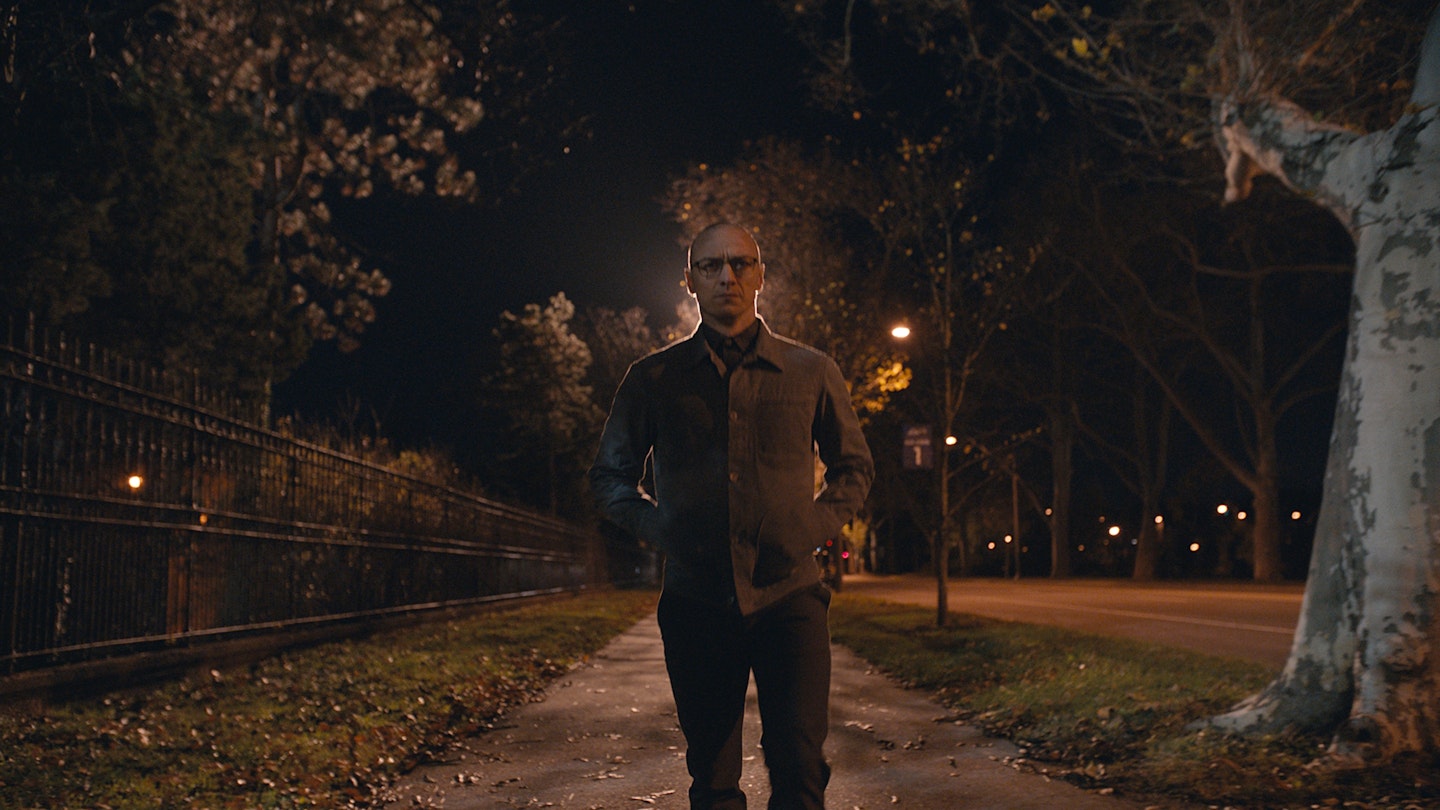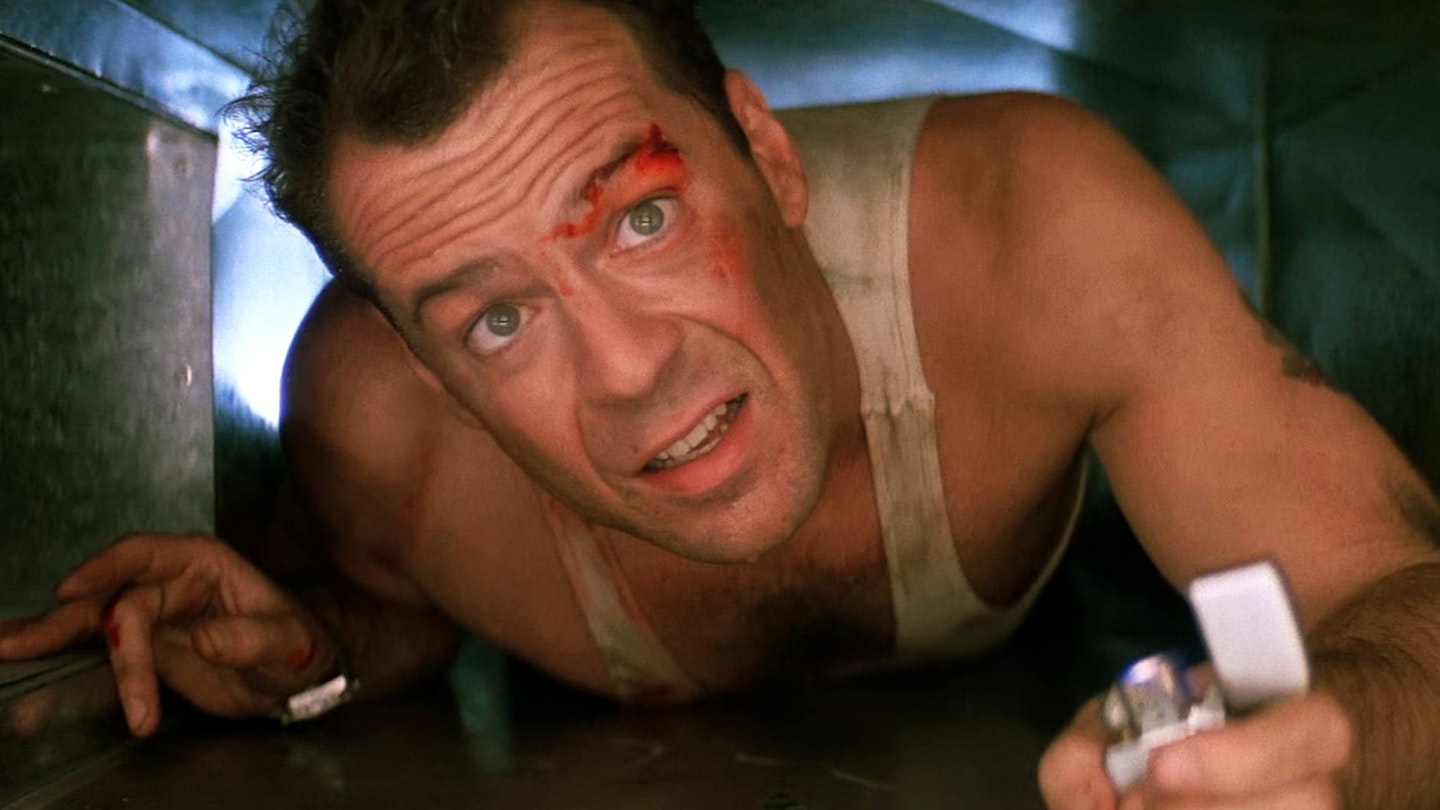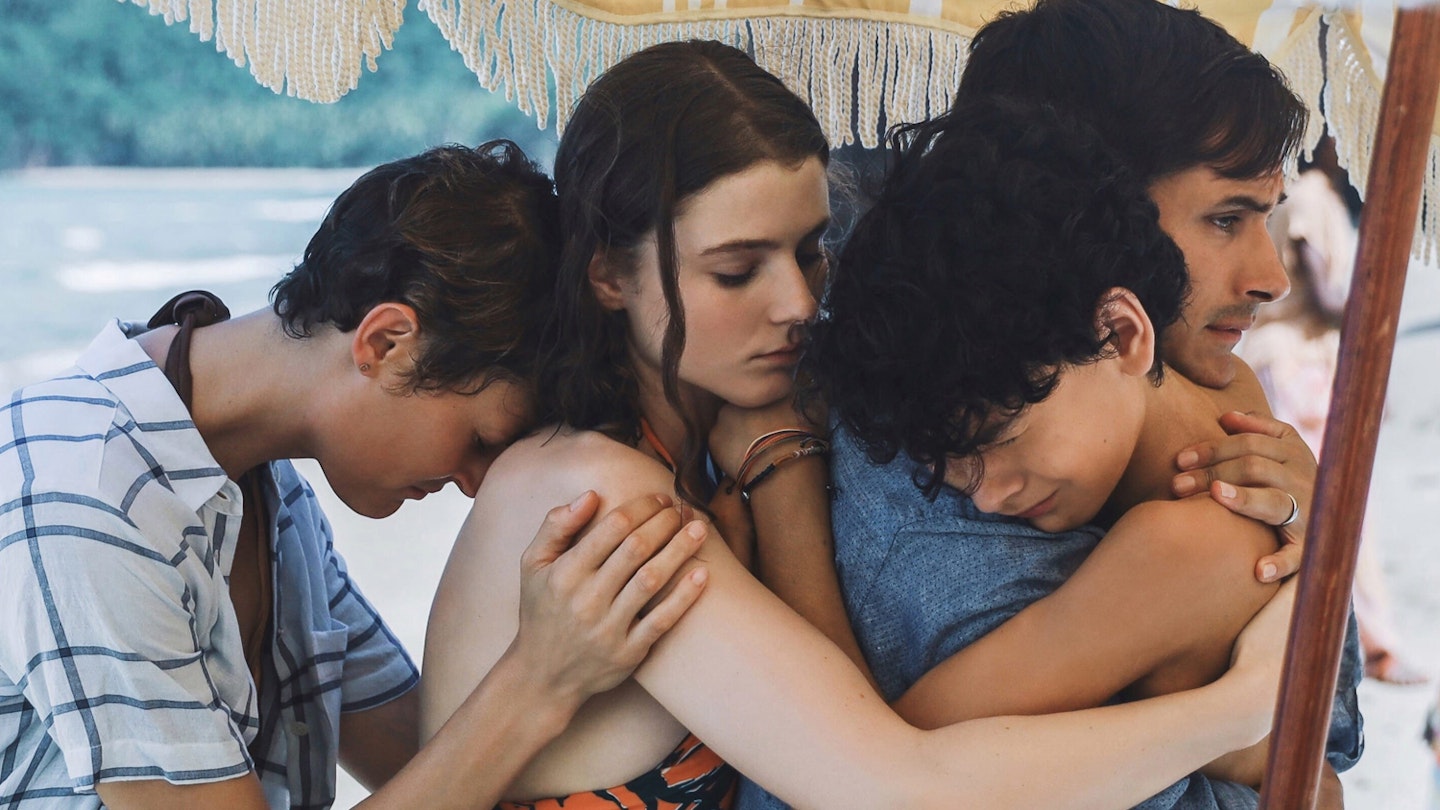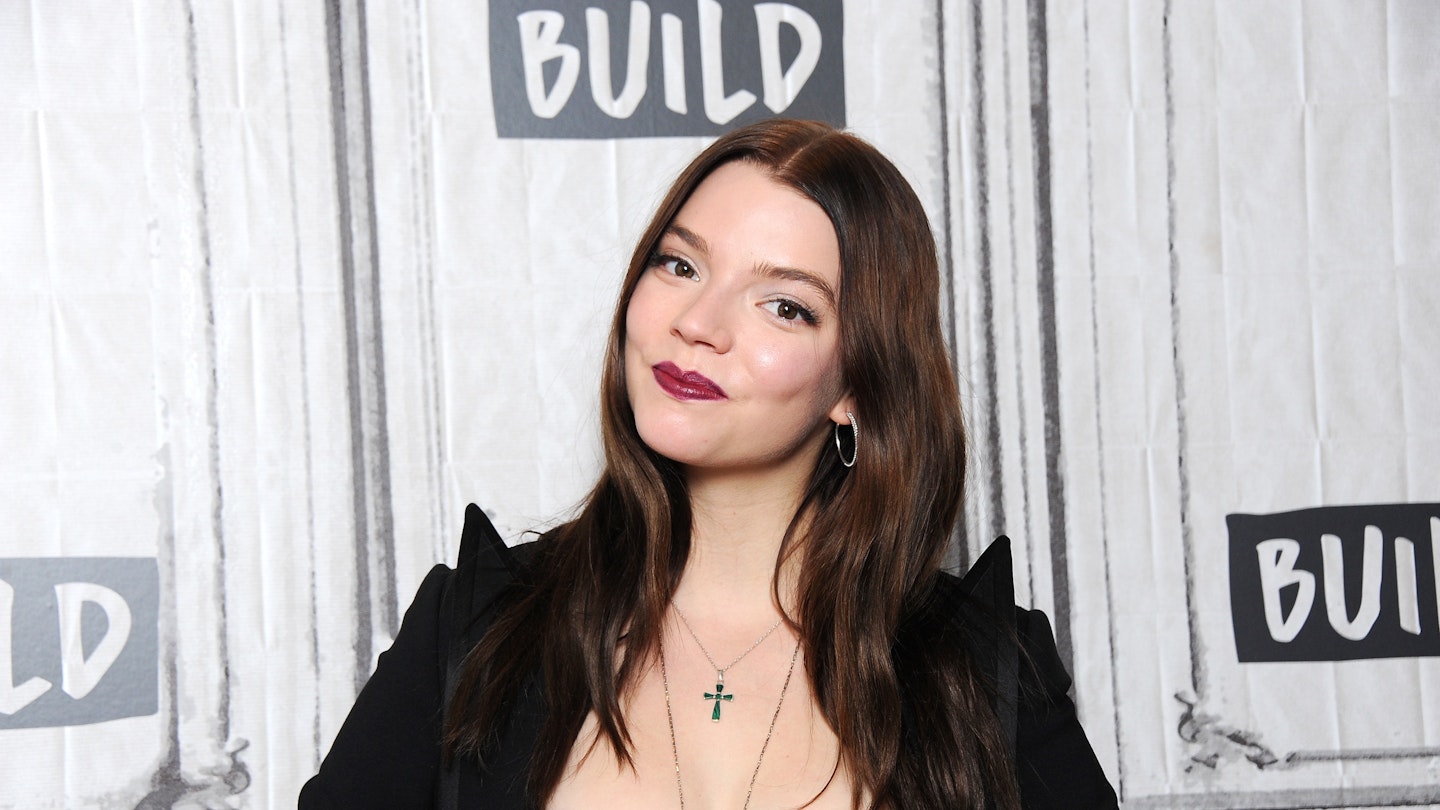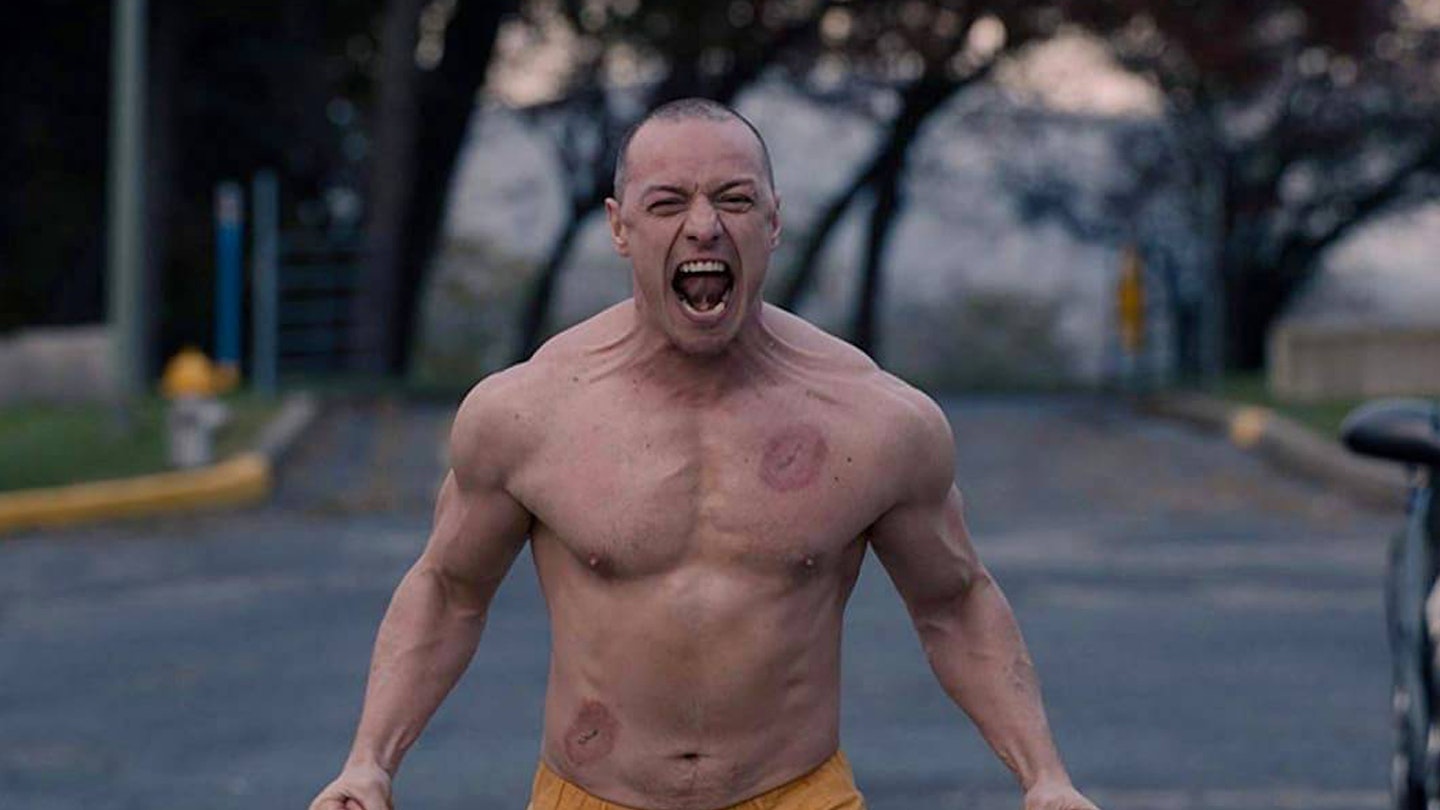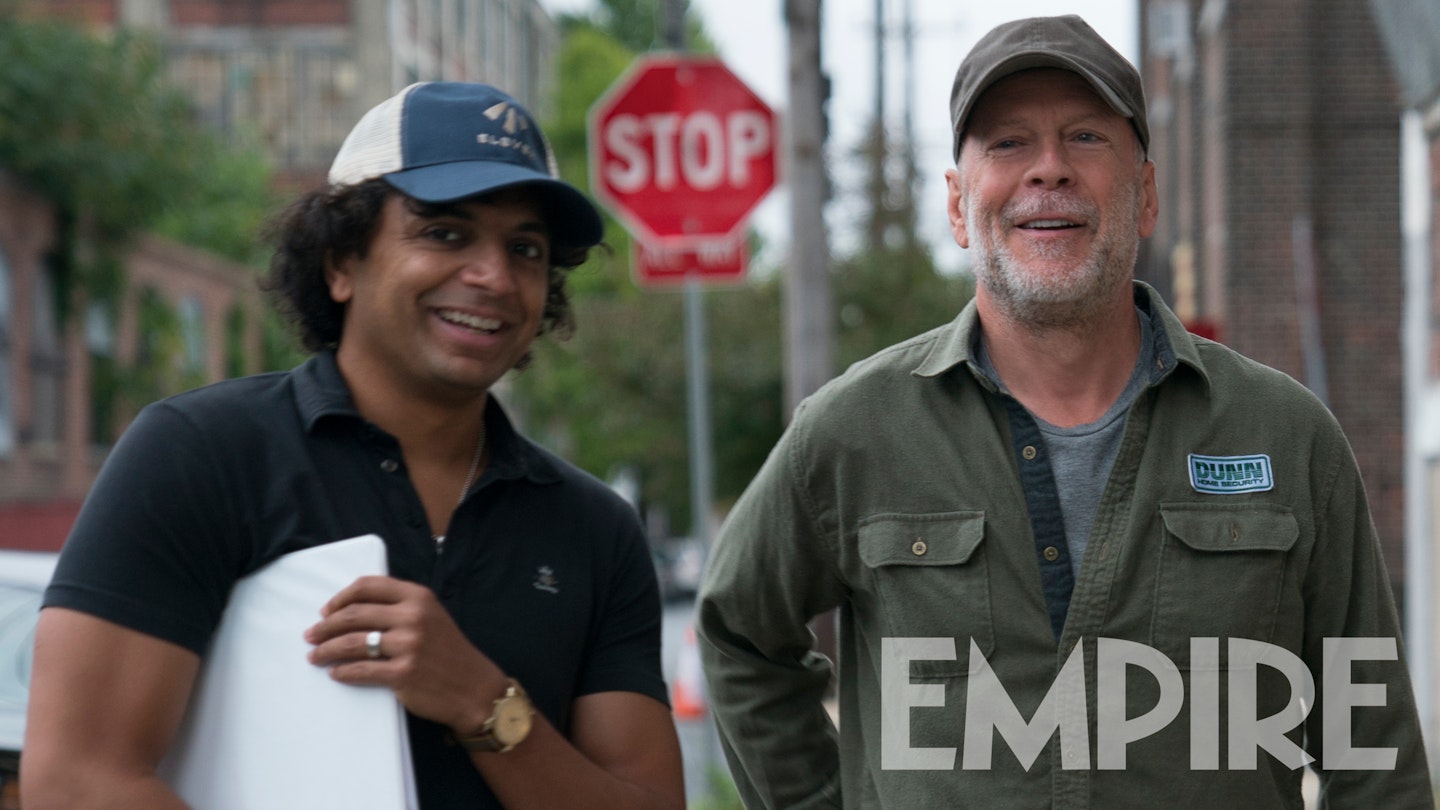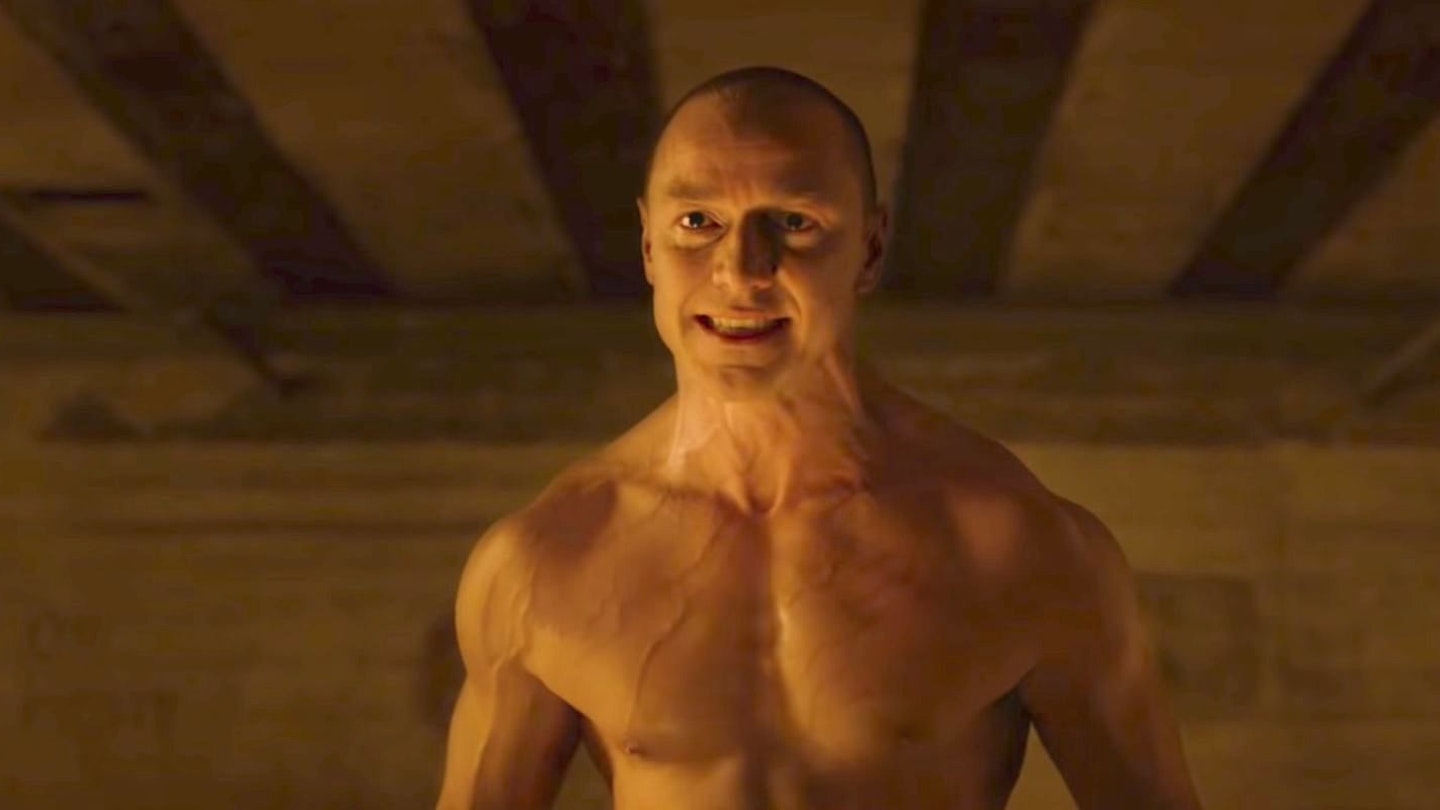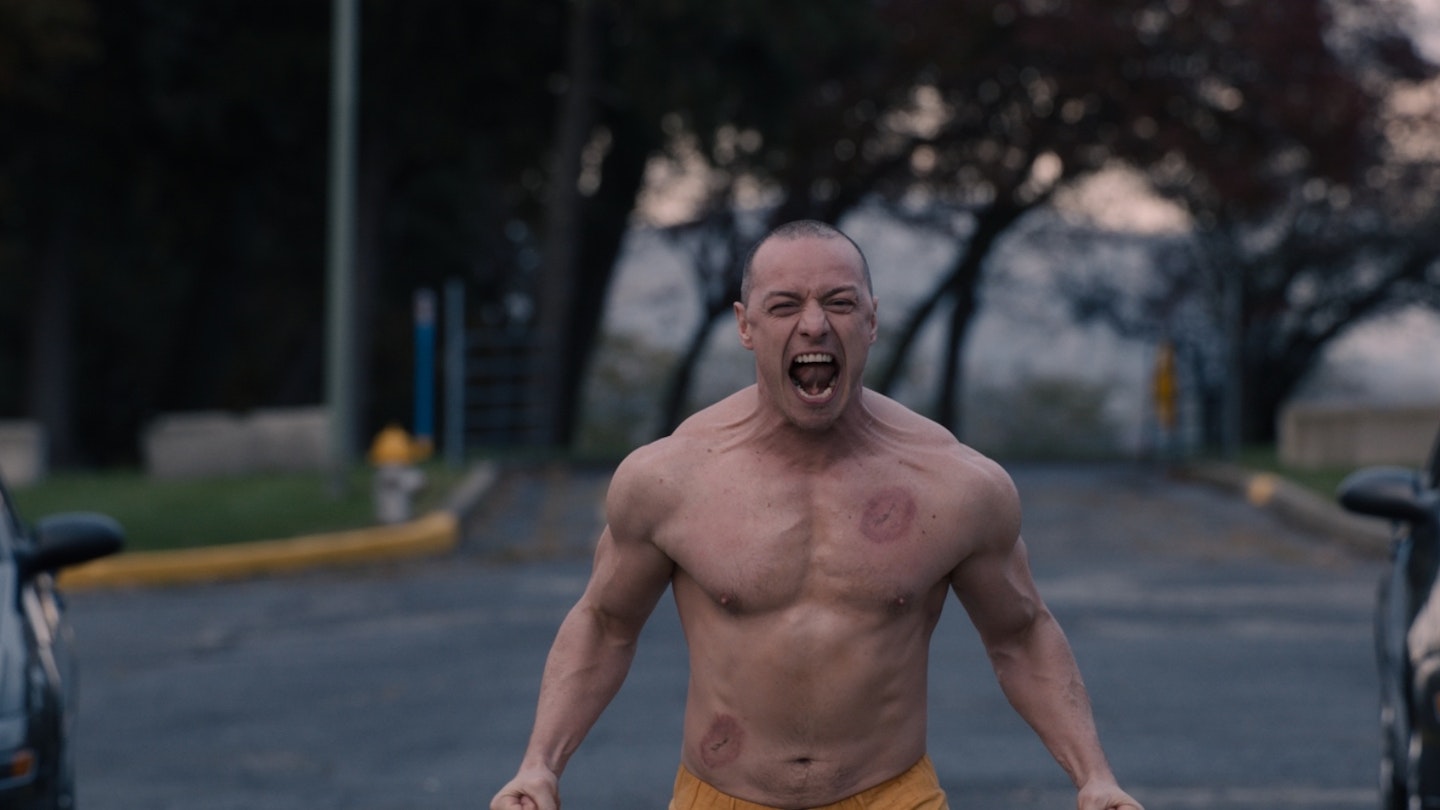Around the turn of the century, writer-director M. Night Shyamalan essentially created his own genre with The Sixth Sense, Unbreakable and Signs: suspenseful character studies with a paranormal vibe, a reverse spoof approach whereby subjects (ghosts, superheroes, alien invaders) usually played tongue-in-cheek are presented in high seriousness, through intense, anguished central performances from established male movie stars, and the sort of last-reel twists associated with The Twilight Zone (all Shyamalan’s other traits can be found in Rod Serling, as it happens). One sign of Shyamalan’s success is that other people started making M. Night Shyamalan-type movies: Joel Schumacher with The Number 23, Alex Proyas with Knowing.
Perhaps as a response to becoming an imitable brand and perhaps down to the muted (and sometimes peculiarly hostile) response to The Village, Lady In The Water and The Happening (all interesting films), Shyamalan moved away from his personal cinema to take shots at fantasy (The Last Airbender), sci-fi (After Earth) and found-footage shocker (The Visit). With Split, he returns to ‘Night Classic’ mode. We’re back in sombre Philadelphia where soft-spoken, well-heeled folks go quietly mad and a psycho thriller plot evolves into something weirder on the boiling-a-frog principle of slowly adding bizarre, freakish elements to an extreme case study. This time, perhaps frustrated by the attention paid to his most easily parodied habit, Shyamalan holds off on a twist in favour of a measured development of a far-out premise, though an intensely fan- satisfying development pops up near the end.
All actors want to play Dr Jekyll and Mr Hyde, and McAvoy seizes with obvious relish on the role of one man with 23 personalities due to be usurped by a 24th who is more animal than man. Head finely stubbled as his Professor X cut grows out, he uses a few props (glasses, a woolly hat) but mostly conveys Kevin’s alters — who range from a gay fashion designer through an OCD caretaker and a sinister British matriarch to a tittering child — with changes of expression and voice. It’s a show-off tour de force, and McAvoy is dazzling throughout — funny, creepy, threatening, pathetic and monstrous by turns. Note especially set-pieces like his perfectly uncoordinated demonstration of what a nine-year-old might think are radical dance moves, and the unsettling moments where one of Kevin’s more controlled, sinister personalities impersonates a more open, appealing one to reassure his analyst (Betty Buckley) that things aren’t going south in his skull.
As often with Shyamalan, the actual plot is less important than the character business. Even Kevin loses interest in two of his young captives, who get shoved into storerooms as misfit Casey (Taylor-Joy) emerges as the heroine, realising she’s most likely to survive by engaging with her captor than by crawling through ventilation ducts or relying on teen-princess karate lessons. That Casey’s life experience has prepared her for the ordeal is established in tactful, unsettling micro-flashbacks which feature standout work from Izzie Coffey, whose wide eyes perfectly match Taylor-Joy’s. After The Witch and Morgan, Taylor-Joy is shaping up as the weird chick of her generation — but she has to work as hard as her character to find her screen-space here when her co-star is busily upstaging himself, let alone her.
